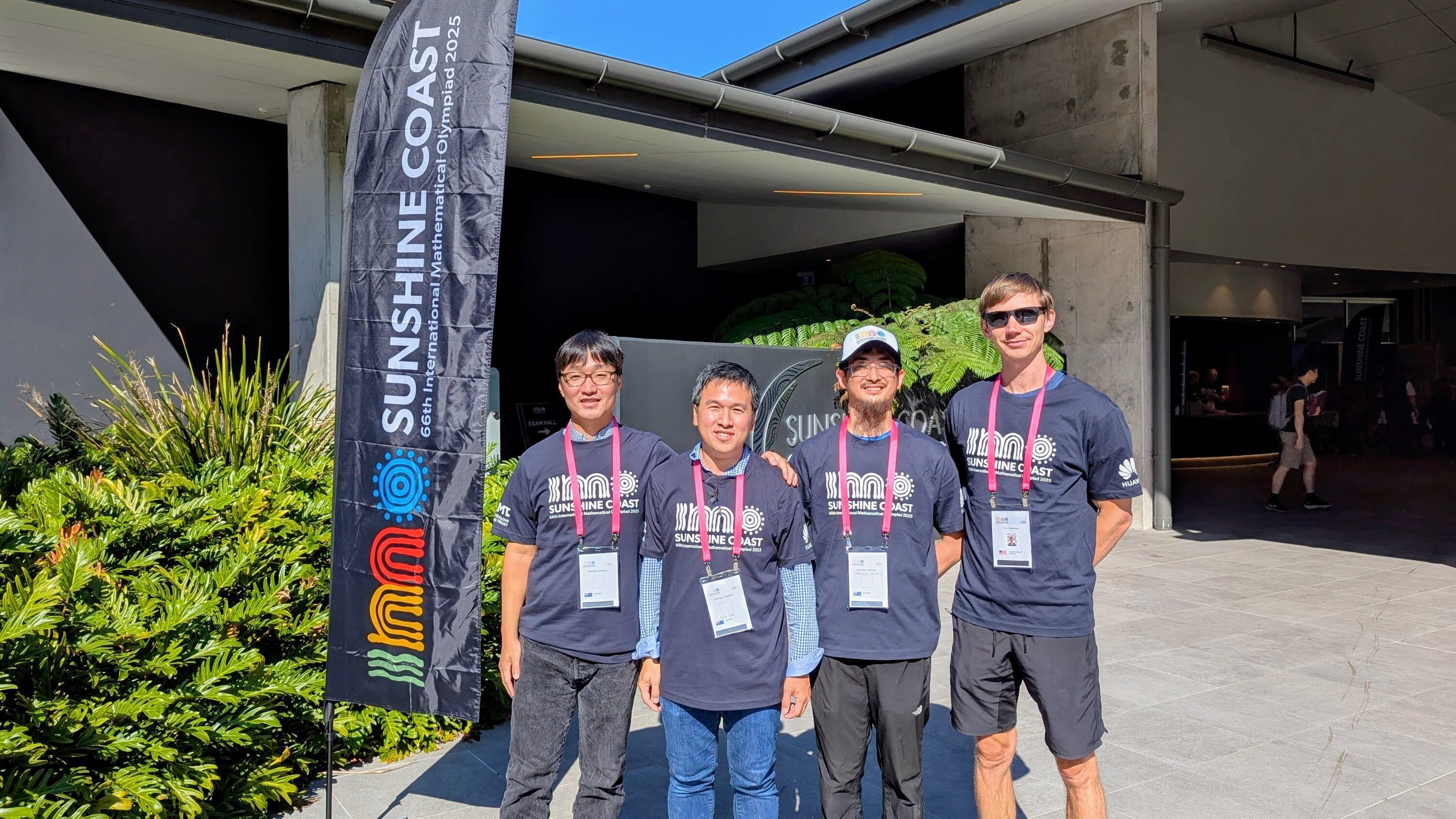AI Models Achieve Gold Medal Standard at International Mathematical Olympiad, Redefining AI Capabilities

Large Language Models (LLMs) have achieved a significant milestone, securing gold medal-level performance at the International Mathematical Olympiad (IMO) in 2025, a feat many experts previously deemed impossible. This breakthrough challenges conventional expectations regarding AI's reasoning abilities and signals a rapid acceleration in the field of artificial intelligence. The achievement underscores the unpredictable nature of AI development, as noted by Haider., who stated in a social media post, "just last year, people said these models would never win gold at the IMO, and yet they did this year."
Google DeepMind's advanced Gemini Deep Think model officially achieved a gold medal standard, scoring 35 out of a possible 42 points by solving five out of six problems perfectly. This performance was officially graded and certified by IMO coordinators under the same criteria as human student solutions. In parallel, OpenAI also announced that its experimental reasoning LLM achieved gold medal-level performance on the same competition, demonstrating its ability to "craft intricate, watertight arguments at the level of human mathematicians."
The progress represents a significant leap from 2024, when DeepMind's AlphaProof and AlphaGeometry 2 systems reached a silver-medal standard, solving four out of six problems. Unlike the previous year, where problems required manual translation into formal mathematical language and took days of computation, the 2025 models operated end-to-end in natural language within the 4.5-hour competition time limit. This advancement highlights improved multi-step reasoning, problem-solving, and theorem-proving capabilities.
The success at the IMO fuels discussions about the trajectory of AI development, particularly the potential for LLMs to lead to even more advanced systems, such as "World Models," which could represent a step towards human-level AI. While the path to advanced AI remains a process of "trial and error," as observed by Haider., these recent achievements demonstrate that the future of AI continues to surprise researchers and the public alike. The ability of AI to tackle such complex mathematical challenges suggests a future where AI tools could significantly aid mathematicians in solving unsolved research problems and exploring new scientific frontiers.